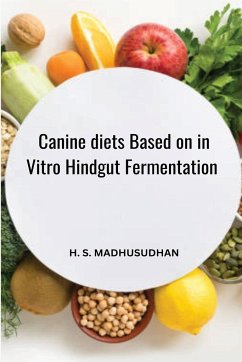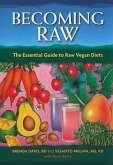In animal nutrition, evaluation of diets based on digestibility and fermentation areconducted conventionally by in-vivo trials. These experiments often meet with technicaldifficulties and ethical questions. Therefore, in vitro models which can mimic gastrointestinaldigestion and fermentation processes are attempted as an alternative to the in vivo studies(Peeters et al., 1998). In vitro techniques not only offer advantages of being relatively simple,time saving, economical, producing repeatable estimates but they are less laborious comparedto animal experiments besides being ethically superior. One such in vitro fermentationmethod is in vitro gas production technique, which exploits the relationship betweendegradation and fermentative gas production to evaluate the nutritional parameters offoodstuffs.Several different methodologies have been proposed for the gas production technique,each varying in its complexity, limitations and benefits. Although the gas productiontechnique has been used exclusively with ruminants, it may also be of value for nutritiveevaluation of foods for man and other monogastric animals (Coles et al., 2005). The benefitsof the technique include being able to run large batches simultaneously at low cost, the abilityto measure fermentation kinetics of soluble as well as insoluble fractions of food andfacilitation of relative comparisons among different foodstuffs. However, these in vitrotechniques of evaluation of diets need to be validated and justified by in vivo studies .In monogastric animals like dogs, one of the factors which influence the health statusis the microbial fermentation in the hindgut (Williams et al., 2005). The large intestine ofdogs comprises a complex microbial ecosystem. In a healthy status, the diet and hindgut
Bitte wählen Sie Ihr Anliegen aus.
Rechnungen
Retourenschein anfordern
Bestellstatus
Storno








